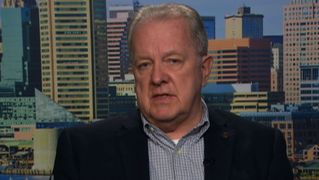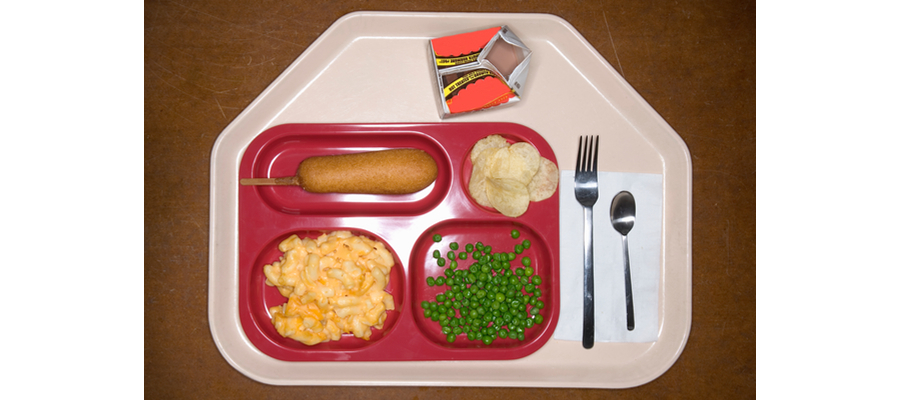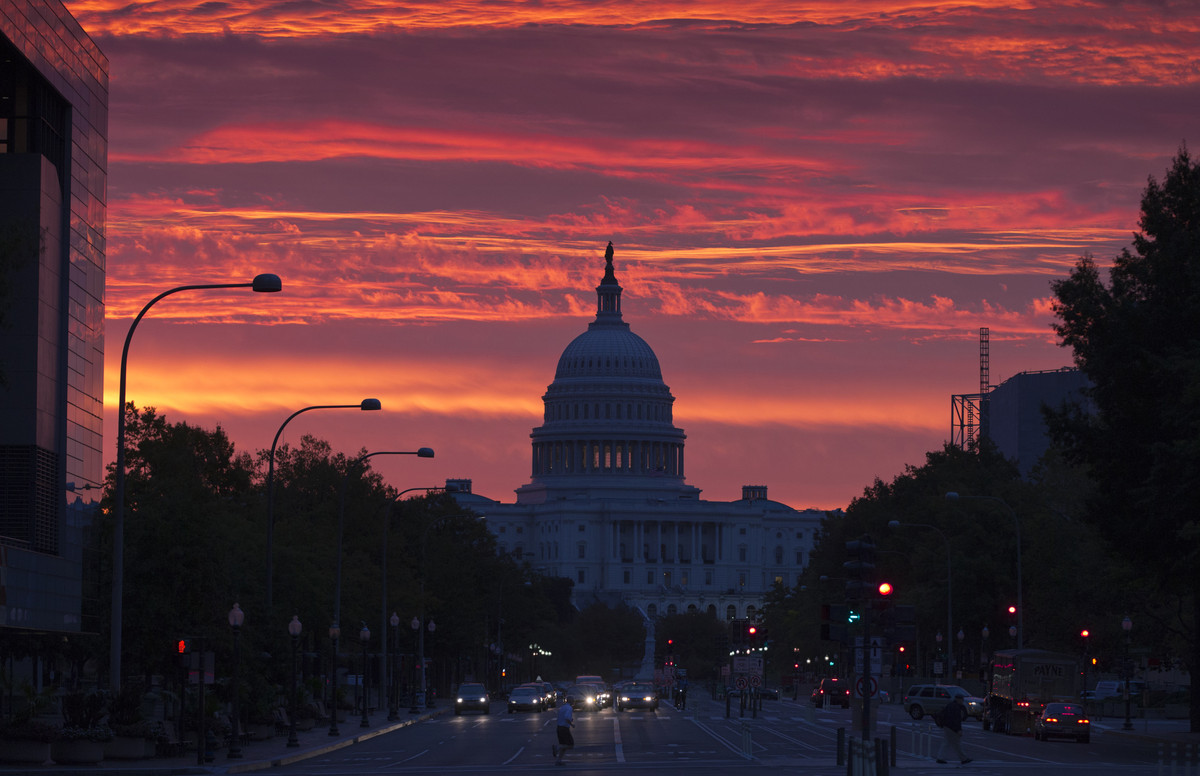A good job may be hard to find in this tepid recovery, but low-wage work still abounds. Whether it's washing dishes, serving Big Macs or folding sweaters for a store display, low-paying jobs have been added to the American economy at a fairly brisk clip since the recession ended in 2009. Middle- and high-paying jobs, not so much.
By one estimate, one in four private-sector jobs in the U.S. now pays less than $10 per hour, well below a living wage in many areas of the country. Compared to better-paying positions, these jobs are also more likely to come without regular schedules or benefits, like health care coverage, paid vacation time or sick leave -- the basic trappings of middle-class work. In other words, employment doesn't guarantee a life above the poverty line; according to census data, more than one in 10 Americans who work full-time are still poor.
Low-wage workers have been striking over pay, and Congress is considering legislation that would raise the federal minimum wage from $7.25 to $10.10 per hour. With the U.S. Senate set to debate its bill soon, HuffPost reached out to readers who work hard and still have a difficult time making ends meet. Many struggle to secure full-time employment and scramble to find extra work in their spare time. Others make just above the minimum wage and still can barely scrape by.
They eat what they can afford, rather than what they want. Some avoid going to the doctor, even when they're gravely ill. Others turn off the hot water in their homes and wear clothes given to them by friends.
What they all seem to have in common is a desire to work and a hope to someday earn something more. "I think there's great honor in working," Bernadette Feazell, a pawn shop employee in Austin, Texas, said. "I work hard. And frankly, it's not because I think I'm worth $9 an hour."
Original Article
Source: huffingtonpost.com/
Author: Dave Jamieson






























